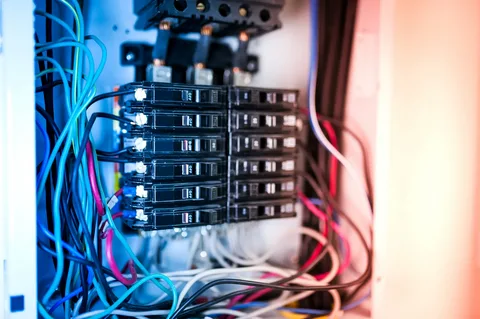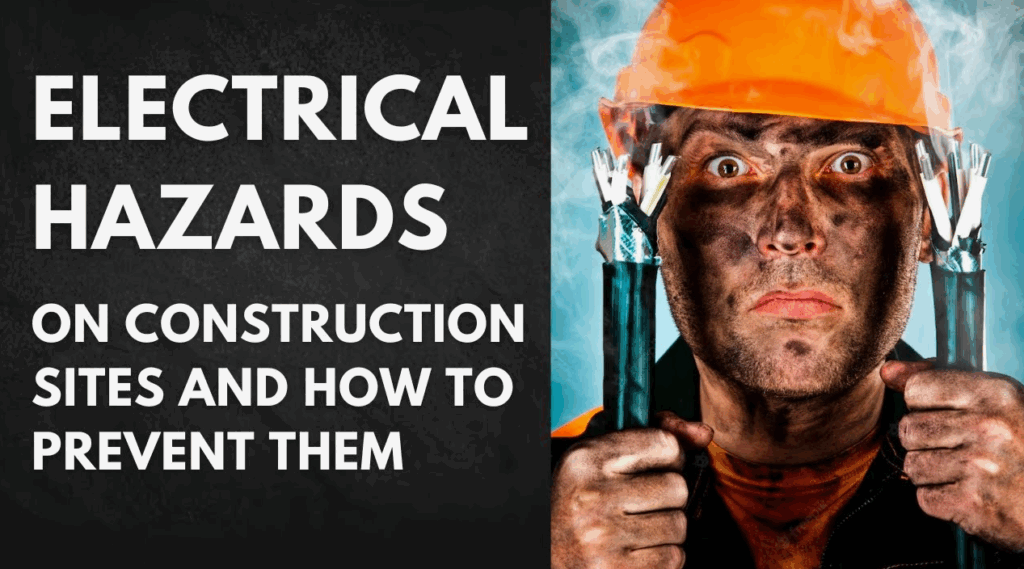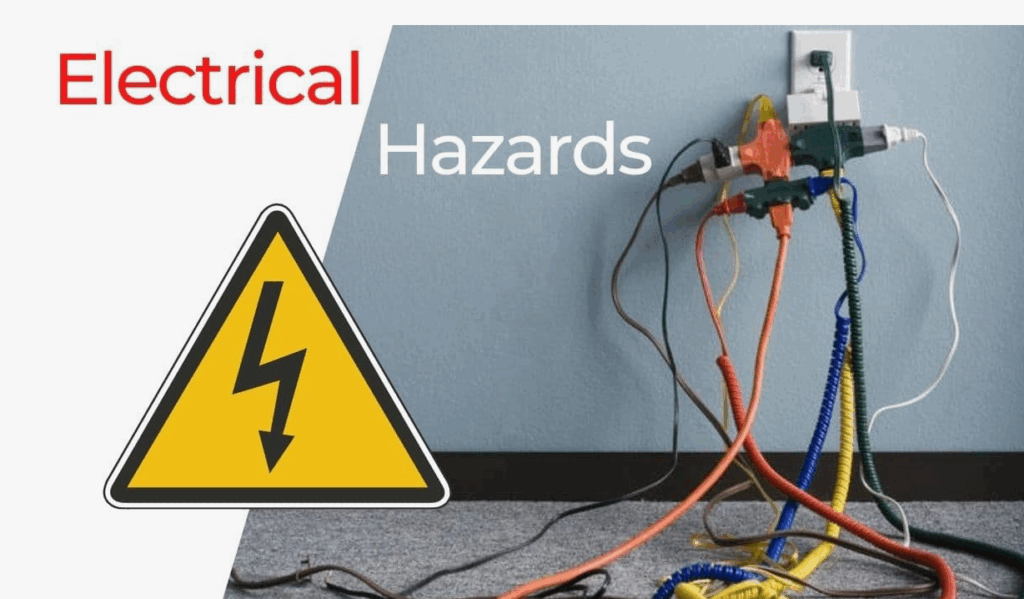Learn the 5 most common causes of electric shock and practical safety tips to avoid them. Protect your home and loved ones with these prevention methods. We all use electricity in our homes for everything from doing errands to having fun, but this can lead to it being dangerous and potentially fatal.
This is because electricity is a dangerous, sometimes unpredictable force, and if you are given a ‘jolt’ of live electricity, you will experience an electrical shock. More than 30,000 non-fatal accidents occur every year, so this is not a joke. So what can cause it? Let us inform you about the 5 most common causes of electrical shock and how to minimize them.
Better Safe Than Sorry: Five Electric Shock Risks and Their Solutions
Electric shocks pose serious dangers in everyday life, often resulting from common household activities. Understanding the risks and implementing preventive measures can significantly enhance safety and protect individuals from potentially life-threatening situations.
Avoiding the Jolt Here are Five Causes and Solutions of Electric Shock You Need to Know:
-
Faulty Appliances and Damaged Cords
Faulty appliances can be a pain because they might not conduct electricity the way they should. Plug one in, and you could get shocked! If an appliance has something wrong inside or has damaged wires, those live wires can become exposed, and touching them is super dangerous.
-
Prevention:
Check your cords and appliances for damage regularly. If something’s not working right, unplug it and have a professional fix it.
-
Faulty or deteriorating household wiring
It is very important to ensure that your home wiring meets the safety standards at home. When replacing any fuses in an electrical system, you must always use the correct fuses; doing so will avoid unsafe incidents and ensure that safety and protection are maintained.
-
Prevention:
Ensure your home’s wiring is up to standard and that the correct replacement fuses are used to prevent overheating.
-
Water and Electricity
Water is a good conductor of electricity and presents serious hazards when using electrical devices or outlets in wet conditions. It is important to keep electrical appliances dry to stay safe and to avoid accidents.
-
Prevention:
Keep all electrical devices and outlets away from water sources, such as swimming pools or bathrooms. Always unplug if you have to use electric appliances near water.
-
Downed Power Lines
Touching downed power lines poses a serious risk of extreme or fatal electric shock. You should also be aware that the shock waves that come from the Earth can affect people many feet away, so you should be careful all the time.
-
Prevention:
Don’t get close to a downed power line. Don’t touch any downed power lines. Maintain your distance and report them immediately.
-
Overloaded Electrical Outlets
Touching downed power lines can be deadly. You could get a bad or fatal electric shock. Also, the ground around the lines can carry electricity. So, stay alert and keep your distance.
-
Prevention:
To avoid overloading outlets, use power strips with built-in surge protection, and have an electrician add additional circuits in your home if you often need more outlets.
Conclusion
In conclusion, safety around electricity is in everyone’s best interest. We can gain understanding by identifying common sources of electric shock, such as faulty appliances, wet conditions, and overloaded electrical outlets. Once we recognize potential hazards, we can take easy precautions to be safe. Check your appliances regularly, keep damp conditions away from electrical devices, and avoid overstressing circuits. Put the word “safety” first in your home, and we can all go on without a second thought while we go about our daily lives. Stay safe, and have fun!
For more practical guidance, check out these electrical troubleshooting tips to help prevent hazards and keep your home safe.
FAQs
What is one way I can check for electrical hazards in my home?
Always inspect all the tools and equipment for cracks, cuts, or abrasions before use. Cables, cords, wires, and other electrical components should not have any type of fraying or defects.
How can we increase safety in and around electricity in our homes?
To enhance home electrical safety, hire a qualified electrician, use GFCIs, maintain cords and appliances, avoid overloading, use surge protectors, and unplug appliances when not in use.
How to stop electric shock in the body?
To stop an electric shock, avoid touching the person while they’re in contact with electricity. Call 911, turn off the power if safe, and check for a pulse and breathing.



